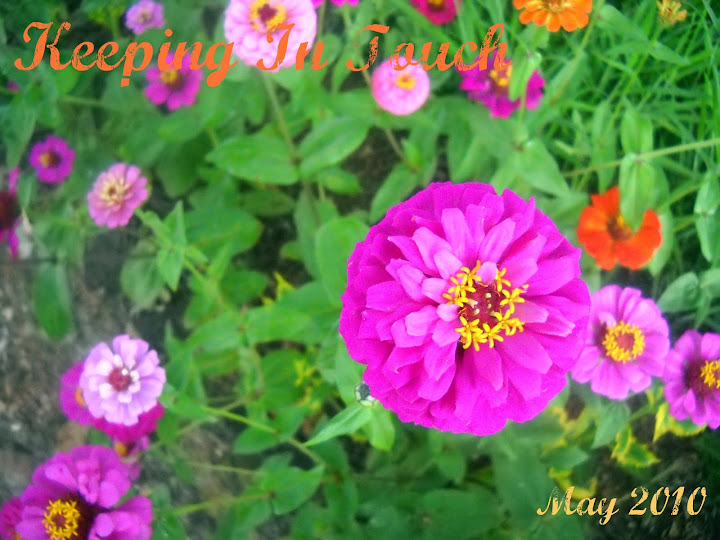
The title of the book is kind of unusual... it comes from a letter that's in the book. It's a really short letter, so I'll put it on here for you guys to read. It was written by a group of people who were in danger of being killed (the Tutsis). They decided to hide out in a church because they thought that they could be more protected that way.
Our dear leader, Pastor Elizaphan Ntakirutimana,
How are you! We wish you to be strong in all these problems we are facing. We with to inform you that we have heard that tomorrow we will be killed with our families. We therefore request you to intervene on our behalf and talk with the Mayor. We believe that, with the help of God who entrusted you the leadership of this flock, which is going to be destroyed, your intervention will be highly appreciated, the same way as the Jews were saved by Esther.
We give honor to you.
The pastor said that after receiving this letter, he gathered his family and started to drive out of town, stopping only to tell the policemen to give the people a message saying that nothing could be done. Nice, right? But the real story is kind of different. This pastor organized this killing. In his own church. The same story is told not only by the United Nations, but also by the survivors of that horrible day. The pastor instructed Tutsis to take refuge at the church, helped take out the "non-Tutsis" and then helped kill them and many more innocent people in the following months. As of 1997, Pastor Ntakirutimana lived as a free man in Texas. To me, that seems like one of the main problems after the genocide. There are SO many guilty people that you can't punish all of them.
Another thing I read in this book is that this wasn't the only time a pastor or preacher or priest called people into his church so that they could be killed. I can only imagine what kind of permanant damage this does to any kind of church in Rwanda. How can the people ever trust again? If even your preacher tried to kill you, who could you trust? It must be so hard.
This was the first book I read and I'm glad I chose it first. It is a good overall description of everything that happened. It's more of a history book, where the other ones are more about individual personal descriptions of what happened.

 - The people who killed were normal people, normally not a part of the military or anything like that. The people responsible for organizing the killings used a radio called RTLM to tell people who to kill.
- The people who killed were normal people, normally not a part of the military or anything like that. The people responsible for organizing the killings used a radio called RTLM to tell people who to kill.  - From the things I've read, the politicians responsible for the killings were called Hutu Power (supposedly representing an ethnic group) and they killed Tutsis (another ethnic group) along with anyone who defended the Tutsis and even those who didn't take sides.
- From the things I've read, the politicians responsible for the killings were called Hutu Power (supposedly representing an ethnic group) and they killed Tutsis (another ethnic group) along with anyone who defended the Tutsis and even those who didn't take sides.

